Ultra-rich Asians and Chinese citizens eye Singapore luxury homes amid coronavirus pandemic
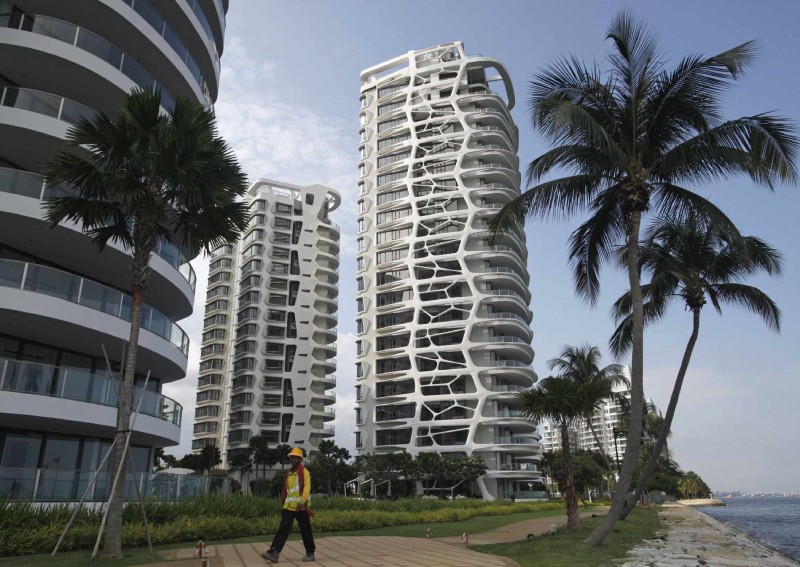
In one of the latest big-ticket property deals in Singapore, a sea-facing bungalow in the exclusive residential enclave of Sentosa Cove was reportedly bought in recent weeks for more than $39 million by a Chinese national from Fujian Province.
Closer to the city, This Week In Asia understands that a 5,070 sq ft luxury penthouse at South Beach was sold to a Chinese buyer last week.
And just last month, Taiwan’s Tsai family, who own the Hong Kong-listed snack maker Want Want China Holdings, bought all 20 units of a new condominium in one of Singapore’s most exclusive neighbourhoods for $293 million.
While property analysts noted the Tsai family’s high-profile purchase was unusual in that high-net-worth buyers tended to prefer anonymity and condominium projects rarely had such few units, the three big transactions indicate that Singapore continues to be a magnet for wealthy Asian investors looking to park their money or find a second home.
Observers suggest the city state’s effective handling of the coronavirus pandemic has boosted interest from property buyers, amid reports that an impending boom in the number of ultra high-net-worth individuals in the Asia-Pacific is likely to benefit Singapore’s luxury residential market.
According to the latest figures from Singapore’s Urban Redevelopment Authority, the number of non-landed private homes sold to foreigners this year appears to have recovered to pre-pandemic levels.
In January last year, just before the virus hit Singapore, there were 91 such transactions. Demand fell fourfold in April and May – at the height of the pandemic – but transactions shot back up to 112 in January this year, steadying at 100 last month.
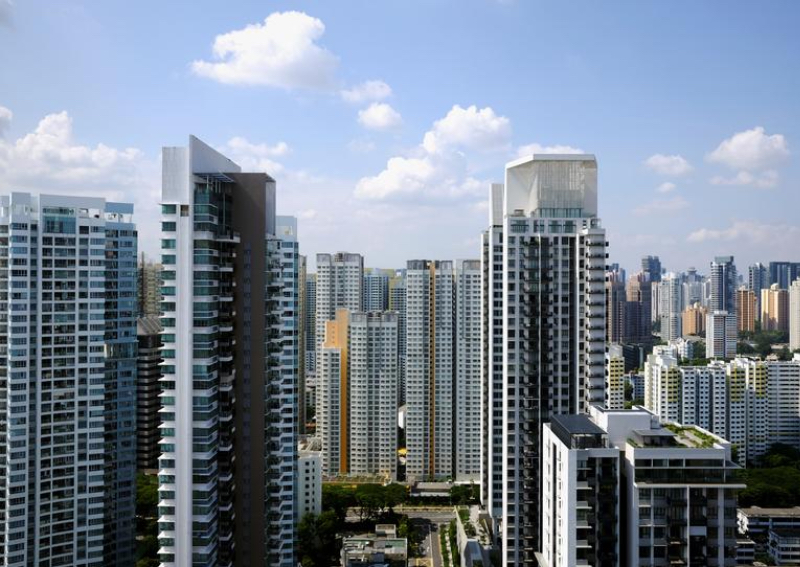
Christine Sun, senior vice-president of research and analytics at OrangeTee & Tie, said sales from January to March this year were significantly higher than last year’s monthly average of 62 units sold. “The data indicates that foreign buyers seem to be returning to Singapore,” she said.
Sun added that Singapore’s luxury property market had been resilient despite the pandemic, and that investors were “increasingly convinced” that properties in the city state made good long-term investments.
“More buyers are entering the market in recent months as they may be anticipating prices of properties to pick up further this year, especially since the global economic outlook is growing more favourable,” she said.
On Wednesday (March 14), Singapore posted a surprise economic growth in the first quarter after three consecutive quarters of contraction.
Sun also noted that Chinese nationals made up the largest group of foreign buyers, accounting for some 20 to 35 per cent of purchasers each month.
Clarence Foo, associate division director of real estate firm ERA, said he had received about 30 per cent more queries from potential Chinese buyers compared to before the pandemic.
While strict quarantine restrictions imposed by Beijing were preventing Chinese nationals from flocking to Singapore in great numbers, Foo said there was still a small but steady stream of potential buyers heading to the island nation to view property.
Singapore in November began allowing short-term Chinese travellers, including leisure tourists, to enter the country without quarantine. Since then, official figures by the aviation authority showed at least 12,800 people from China had visited the city state.
Foo said Chinese buyers tended to view multiple properties virtually, but would fly to Singapore for the transaction once they had made their choice.
Christine Li, head of research of Asia Pacific at real estate consultancy firm Knight Frank, said that while foreign homebuyers were generally adopting a wait-and-see approach due to travel restrictions, inquiries she had received suggested that those from China were ready to purchase property in Singapore once borders were fully open and the threat of Covid-19 had subsided.
Foo said he noted that Chinese buyers were increasingly factoring in health concerns into their decisions.
They were now eyeing countries with the virus under control so they could travel to these places and stay there for a few months.
“In their minds, they want places where they can move around fairly freely, where there is no lockdown and no medical supply shortage,” he said.
“Outside China, there aren’t many places that are doing well in this regard.”
Foo added that a number of his Chinese clients also had plans to set up family offices in Singapore, with their budgets falling within the $4 million to $10 million range.
Li of Knight Frank said that potential buyers rated Singapore highly for its “safe haven” qualities, such as ease of doing business, stable political environment and low taxes.
Compared with other cities such as Shanghai, Seoul and Hong Kong, Singapore also stood out for its geographical benefits, given that most of Asia-Pacific was within a reach of a six-hour flight, she added.
“Its domestic sociopolitical climate has been stable, unlike Seoul and Hong Kong which have seen civil unrest in recent years,” Li said.
David Chandran V R, managing director of realty firm Cosmopolitan Real Estate, said wealthy individuals were attaching more importance to safety, security and the well-being of their families.
“This pandemic has put immense pressure on many nations and more wealthy people are beginning to see and appreciate how Singapore has managed the situation,” he said.
“There is potential for the Singapore property market to benefit from the spillover effect if there was a growth in the wealthy mainland Chinese population”, said Victoria Garrett, head of residential property in Asia Pacific at Knight Frank.
According to a report released by property firm Knight Frank in March, Singapore was ranked the top Asia territory of choice for Asians looking to buy a new investment home.
The Wealth Report also found that the Asia-Pacific’s population of ultra-high net-worth individuals – those whose net wealth exceeds US$30 million (S$39.8 million) – was projected to grow 33 per cent in the next five years, higher than the global average of 27 per cent.
This would bring the number of ultra-high net-worth individuals to close to 170,000.
In Singapore alone, there was a 10.2 per cent jump in such tycoons last year, totalling at 3,732, the report said.
“Over the same period, the number of billionaires and millionaires in Asia-Pacific is set to rise by 46 per cent and 37 per cent respectively,” it said.
“Asia-Pacific is already home to more billionaires than any other region, with China being key to this phenomenon.”
Victoria Garrett, the head of residential property in Asia Pacific at Knight Frank, said the growth of wealthy individuals would have spillover effects on Singapore’s luxury property market, adding that buyers from China were always on the lookout to diversify their investments.
“They see Singapore as a safe-haven investment destination due to its stable political environment, high-transparency in conducting business, world-class infrastructure, and high-quality infrastructure,” Garrett said.
“Therefore, there is potential for the Singapore property market to benefit from the spillover effect if there was a growth in the wealthy mainland Chinese population.”




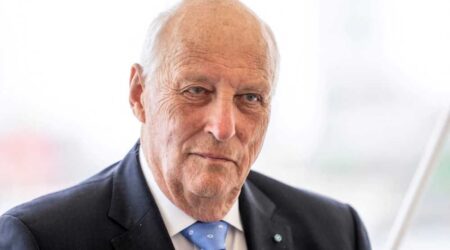





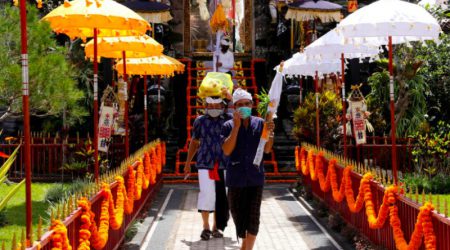
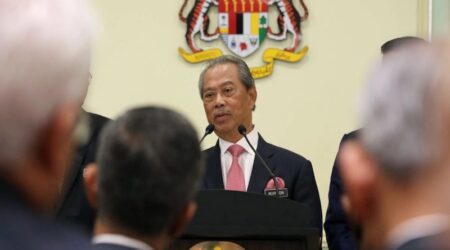
Comment (1)
You are so interesting! I do not believe I’ve read through something like
this before. So good to discover someone with original thoughts on this topic.
Really.. thank you for starting this up. This web site is something that
is required on the internet, someone with some originality!